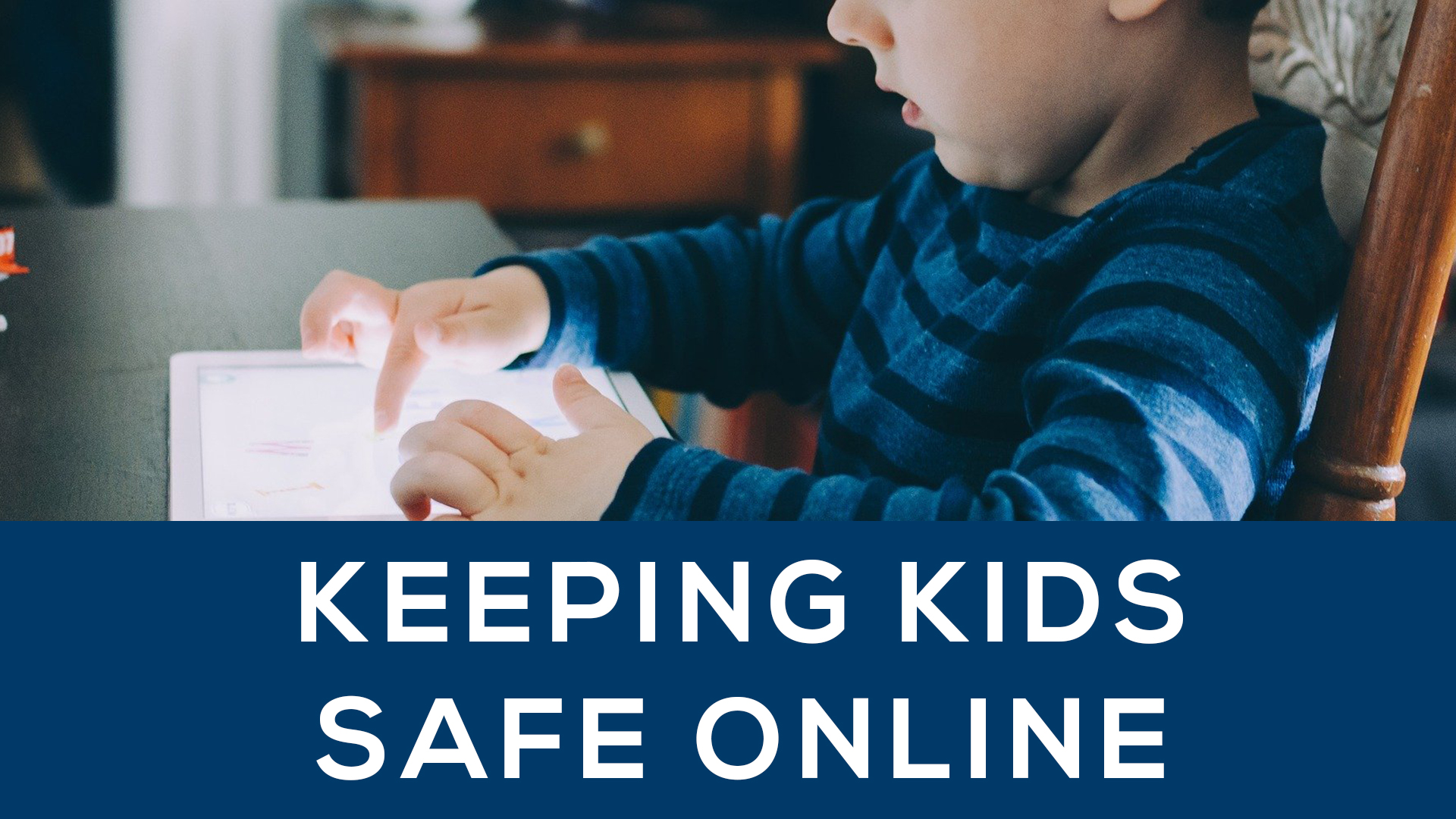
Let's face it, parenting in the digital age feels a bit like navigating a minefield. We want our kids to explore, learn, and connect online, but the lurking dangers of scams and online trickery are a constant worry. It's not just about protecting them from inappropriate content anymore; it's about equipping them with the skills to recognize and avoid the increasingly sophisticated scams that target young people online. As a parent, I’ve felt this anxiety firsthand, and I know many others share it.
Why Keeping Your Kids Scam-Safe Online Matters in 2025
The online landscape in 2025 is a complex web of opportunities and risks. Scammers are constantly evolving their tactics, making it harder than ever to distinguish between genuine interactions and deceptive ploys. Kids, especially, are vulnerable because they may lack the life experience to recognize red flags. They're also often eager to please, quick to trust, and less likely to question authority figures online. Keeping your kids scam-safe online isn't just about preventing financial loss; it's about protecting their emotional well-being, their identity, and their future. The potential consequences of falling victim to a scam can range from embarrassment and anxiety to significant financial hardship and even identity theft.
Common Challenges Around Keeping Your Kids Scam-Safe Online
One of the biggest hurdles is keeping up with the ever-changing digital world. New apps, platforms, and trends emerge constantly, each presenting its own set of potential risks. What worked last year might not be effective this year. Another challenge is striking the right balance between protecting your child and respecting their independence. Overly restrictive measures can backfire, leading kids to seek out ways to circumvent parental controls or hide their online activities. Communication is key, but it can be difficult to have open and honest conversations about online safety, especially if your child feels judged or distrusted. Furthermore, many scams are designed to exploit kids’ desire for online validation, such as fake contests promising free prizes or social media challenges that ask for personal information. These scams often leverage peer pressure, making it even more difficult for kids to resist participating.
Practical Tips About Keeping Your Kids Scam-Safe Online
Effective strategies for keeping your kids scam-safe online involve a combination of education, monitoring, and open communication. Let's look at some actionable steps you can take.
How to Avoid Mistakes Related to Keeping Your Kids Scam-Safe Online
One common mistake is assuming your child "knows better" simply because they're tech-savvy. Being able to navigate social media doesn't automatically equate to being able to identify a scam. Another mistake is relying solely on parental control software. While these tools can be helpful, they're not foolproof and shouldn't be a substitute for ongoing conversations. Avoid lecturing or scolding your child if they do fall victim to a scam. Instead, focus on helping them understand what happened and how to avoid similar situations in the future. A supportive, non-judgmental approach encourages them to come to you for help in the future.
Daily Habits That Help with Keeping Your Kids Scam-Safe Online
Establishing healthy online habits is crucial for long-term protection. Encourage your kids to think before they click, share, or download anything online. Teach them to be wary of unsolicited messages, especially those that promise something too good to be true or ask for personal information. Regularly review their online activity together, focusing on open communication rather than strict surveillance. Emphasize the importance of strong passwords and privacy settings. Show them how to report suspicious activity on various platforms. Make sure they understand that it's never okay to share their personal information with strangers online, even if they seem friendly or trustworthy. This includes full names, addresses, phone numbers, and school information. Creating a "digital family agreement" can also be helpful, outlining agreed-upon rules and expectations for online behavior.
Teaching Others About Keeping Your Kids Scam-Safe Online
The more we share our knowledge and experiences, the safer our community becomes. Talk to other parents about the strategies that have worked for you. Share articles and resources about online safety on social media. Encourage your child's school or community organizations to offer workshops and training sessions on scam awareness. By working together, we can create a safer online environment for all children.
Final Thoughts on Keeping Your Kids Scam-Safe Online
Keeping your kids scam-safe online is an ongoing process, not a one-time fix. It requires vigilance, adaptability, and a willingness to learn and grow alongside your children. By fostering open communication, equipping them with the right knowledge, and establishing healthy online habits, you can empower them to navigate the digital world with confidence and safety. Remember, you're not alone in this journey. By supporting each other and sharing our experiences, we can create a safer and more secure online environment for our children.
